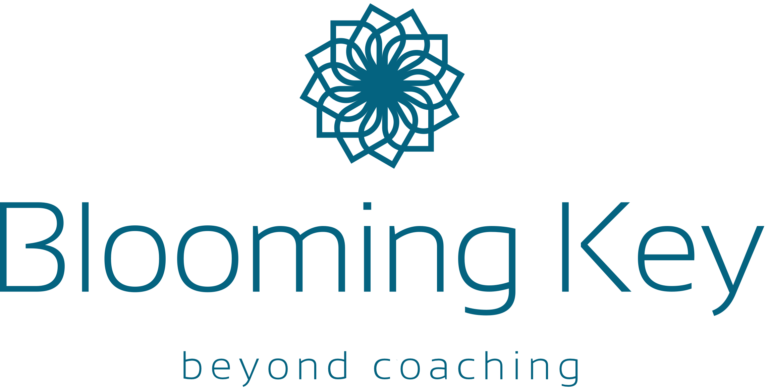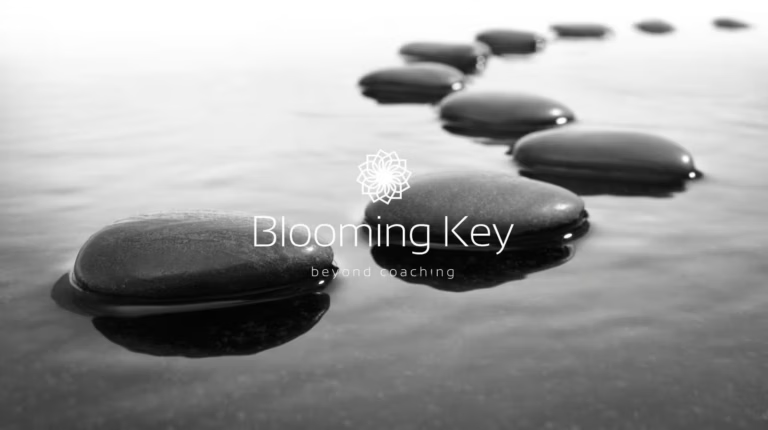Tips To Improve Nonverbal Communication Skills
‘The most important thing in communication is hearing what hasn’t been said.’ – Peter Drucker
I am sure you have experienced this as well before: Someone enters the room and you already know this means trouble, even though not a word has been spoken. But how do we know? The studies from Dr. Mehrabian describe how the mind determines meaning. He concluded that the interpretation of a message is 7% verbal (the actual spoken word), 38% vocal (how it was said) and 55% visual (body-language). His conclusion was that 93% of communication is “nonverbal” in nature. Even though these percentages were wildly criticized, scientists agree that nonverbal communication involving body language, facial expressions, gestures, eye contact, tone of voice, and personal space, play an important role in our communication. Use it wisely and you can harbour their power, but fail to use it effectively and you could give the wrong impression, offend people or even damage your reputation.
Here are 5 tips to improve your nonverbal communication skills.
Look For Unspoken Signs
Whenever you speak to someone, whether it’s a relative, partner, or colleague at work, pay attention to their body language, eye contact, and gestures. Nonverbal communication can reveal a lot about how a person feels, their intentions, and whether they’re being honest or twisting the truth. While you’re not trying to act as a human lie-detector, being aware of unspoken signs and signals will help you understand situations and dissect conversations better.
Express Your Interest Through Eye Contact

Meeting someone’s gaze and maintaining eye contact while having a conversation oozes confidence and shows that you are paying attention to the other person. A lack of eye contact can give the impression that you’re either shy or simply not interested. Let’s say you are having a business meeting. A lack of eye contact could breakdown valuable business relationships and put clients off working with you. But remember, eye contact should feel comfortable, natural, and
authentic..
Practice Positive Affirmations
If you want to be seen as confident, whether it’s in business or meeting someone for the first time, practice positive affirmations. This means repeating to yourself throughout the day that you are confident. By telling yourself consistently that you are ‘something’ you will naturally display the relevant nonverbal communication signs.
Enhance Your Relationship Through Nonverbal Communication
While conversations are important, body language can also impact your relationship. By bearing aware of how body language can affect your partner, you can actively choose which nonverbal communication signals to show. Let’s say you want to strengthen your relationship. Consider becoming more affectionate which your partner or using small actions to show your love and appreciation for them. This can actually be more effective than saying, ‘I love you.’
Become Inquisitive
Try to unpick nonverbal communication cues from the other person and if you feel you’re onto something, ask about it. If you notice that they look uncomfortable during a conversation, ask whether they’d like to change the subject. If you notice that someone is clock-watching, address this and ask if they need to be somewhere. By breaking down the barriers in communication, you can better understand and connect with other people. Like anything in life, practice makes perfect so don’t be afraid to practice body language and eye contact at home. The better you become at displaying and reading nonverbal communication cues and gestures, the stronger your people
skills will be. So whether you want to improve your relationships, win over more clients at work, or master the art of communication, pay attention to nonverbal communication.





